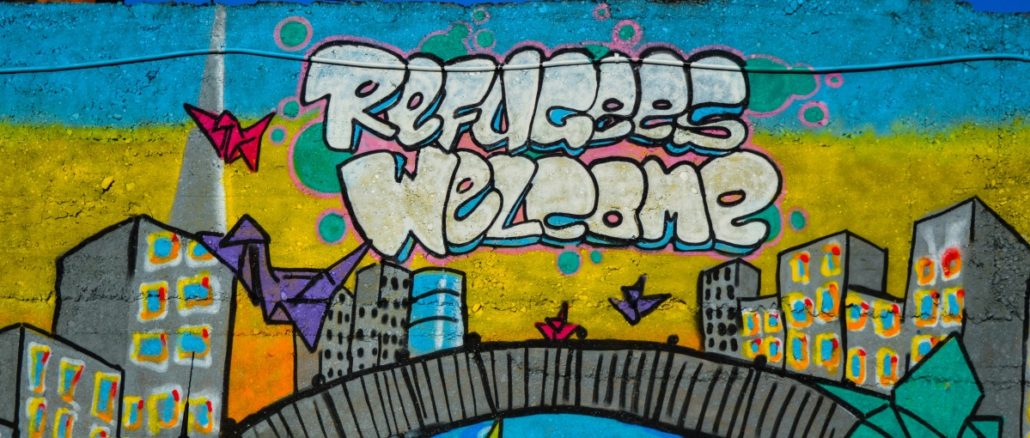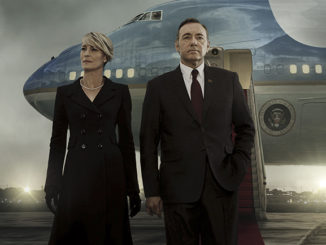
One hundred and twenty five years ago a group of civil servants and British soldiers came together to establish a football club. Their wanderings led them in search of a suitable playing field for their team. They would come to be recognised as the Gypsies on account of their expeditions, and were known to be as equally valiant as they were Bohemian in spirit.
This past year marked the 125th anniversary since that origin story of blended folklore and Irish romanticism founded Bohemian Football Club in 1890. Today Dalymount Park renders a renewed vigour and freedom, having cast off the shackles of financial burden following its purchase from Dublin City Council in July for €3.8 million.
The club lay on the brink of extinction with its debt to Zurich Bank reaching breaking point in recent years whereby the club came within 7 days of bankruptcy. The sale of its iconic ground, used by the Irish national team up until the 1990s, wrote off the majority of the club’s debt, offering it the hope of a more certain tomorrow.
It was never the sole attraction of football that drew masses of fellow Gypsies to the ‘home of Irish football’, as it was known for decades. Off the field, 2015 was a year of significant social progress for the club.
Bohemians was one of the first football clubs to speak out in favour of the Marriage Equality Referendum in Ireland, while more recently unveiling in August a ‘migrant mural’ on the walls of Dalymount Park.
The mural portrays a touching and beautifully gritty depiction of Dublin city, with the words “Refugees Welcome” spelled out in pretty colours to echo a perhaps unheard but significantly present message of openness and acceptance.
“It was the right thing to do and it was something the club should have done given that it represents the will of its members,” said Commercial Director at Bohemians Daniel Lambert of the mural.
“We just felt that on major issues that we’d stand on the right side. Some clubs will say that we should stay away from (politics) and that type of thing altogether and concentrate on just football – we don’t think that.
“We’ve always been more than a club here in terms of what we do in the community. Bohemians has always been more. There’s always something more going on than just a football game.”
Bohemians is member-owned and follows a simple democratic principle of one member, one vote, while it wears numerous other examples of political graffiti like proud tattoos upon its walls.
One offers a logo of the 2014 World Cup held in Brazil, also on the walls of Tolka Park, with the inscription: “170, 000 evicted, hundreds murdered by their own government, enjoy the World Cup.” Another, a more simple toxic skull emblazoned, “Love Football, Hate Racism.”
Bohemians, as Daniel alludes to, is more than a football club in a very obvious way.
“At the moment we’re doing a 5 year strategic plan for the club and as far as I know no club in the League of Ireland has a strategic plan as such”, he continues.
“And out of that one of the first things that cropped up was the question “what does Bohemians mean to its members and its supporters?” So we tried to put down on paper what the club stands for and going back to the ownership structure was the fact that it’s fully inclusive and progressive.”
Progressive on the field of play as well, it seems. Manager Keith Long brought his side, which finished in seventh place in 2014, within 90 minutes of European football for next season, finishing in an unprovoked fifth place in the Premier Division – a massive thirteen points better than last year – something the board has recognised.
“Keith has done an unbelievable job. The great thing about games like last Fridays (against Cork City) is that it’s the first time we’ve probably had an atmosphere like that without the background sentiment that the club could be gone next week.”
An idealistic blend of moral focus on society’s ills, and football. Real football, Daniel asserts.
“One of the interesting things we found is that in comparison to the UK, and I’ve tried to stress this to the FAI, is that a lot of Irish football fans unfortunately have become TV football fans, or tourist football fans.
“We’ve played Aston Villa and Bradford here, and various UK football clubs have come over to Ireland and they love the atmosphere here. I think we knock ourselves too much here, and rather than trying to be like the Premier League we should celebrate what we have that’s different.”
Celebrating what’s different. Embracing other people’s way of life and flying open the floodgates to those who need help. These may not have been the founding values of what was a club of the professional classes, but they are at the cornerstone of the football club today.
Aaron Gallagher
Image credit: David Clarke



Leave a Reply